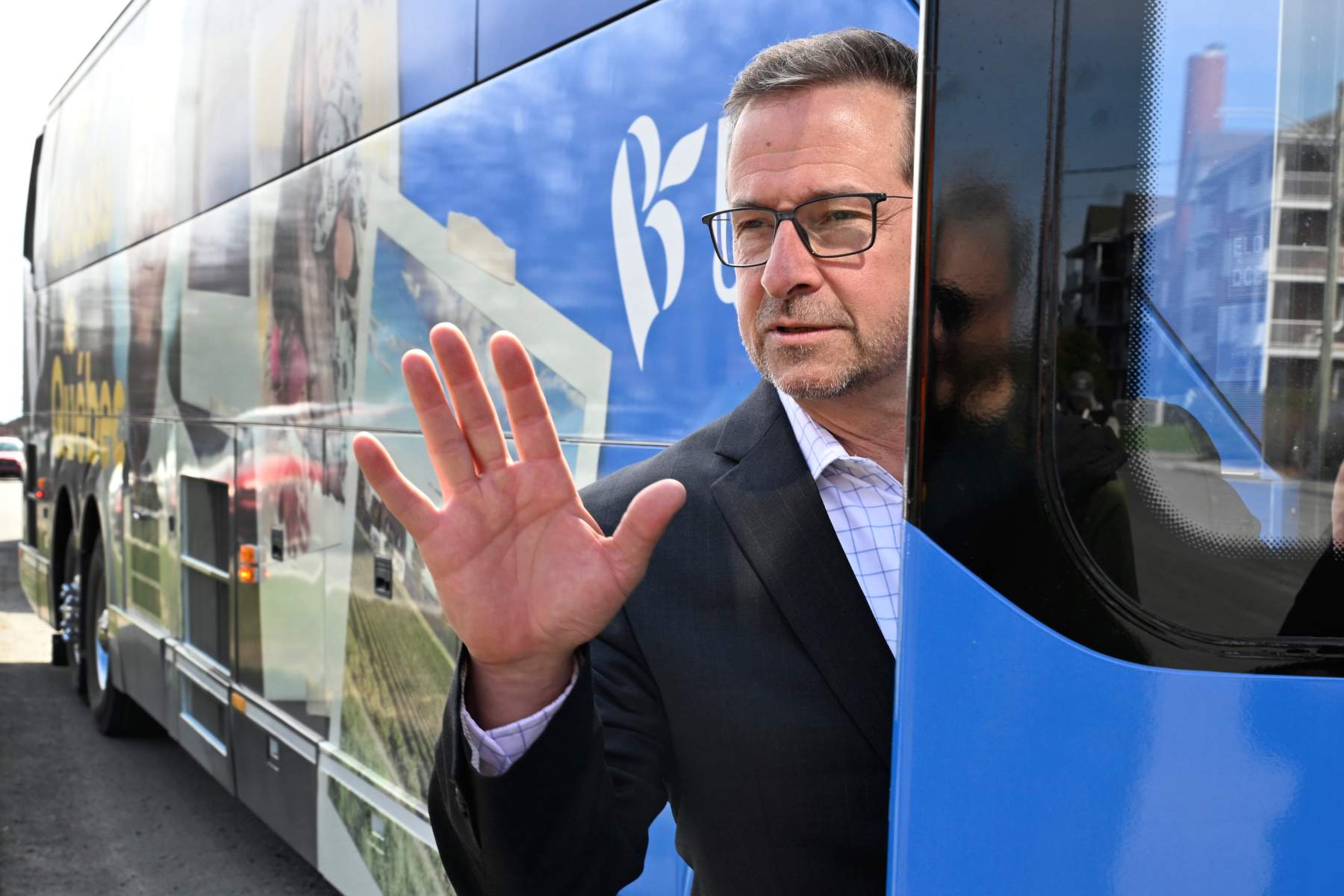
"In the final days of a high-stakes federal campaign, Bloc Québécois leader Yves-François Blanchet made his feelings known regarding the country whose Parliament he sits in. "We are, whether we like it or not," he said, "part of an artificial country with very little meaning, called Canada." Quebecers weren't buying it."
"If economic fears loomed larger for Quebec voters, it came with the recognition that anything that undermined Canadian sovereignty would erode the province's own cultural and linguistic protections."
"The dream of Quebec independence may ebb and flow, but it doesn't vanish. The Bloc remains a relentless steward of that ideal."
"By the end of the night, the Bloc was left with twenty-two, losing a third of its caucus. The Liberals swept Quebec with forty-three seats-their best provincial showing in decades."
Yves-François Blanchet, leader of the Bloc Québécois, expressed views labeling Canada as an artificial country. Quebec voters disagreed, rejecting the Bloc’s ethnic nationalism in favor of Mark Carney's Liberals, aligning against perceived American influence. The Bloc’s seat count fell from thirty-three to twenty-two, while the Liberals achieved their best showing in Quebec in decades. Despite setbacks, the ambition for Quebec independence remains strong, with the Bloc continuing to advocate for those ideals. Founded in 1991, the Bloc emerged from grievances over Quebec's constitutional status.
Read at The Walrus
Unable to calculate read time
Collection
[
|
...
]